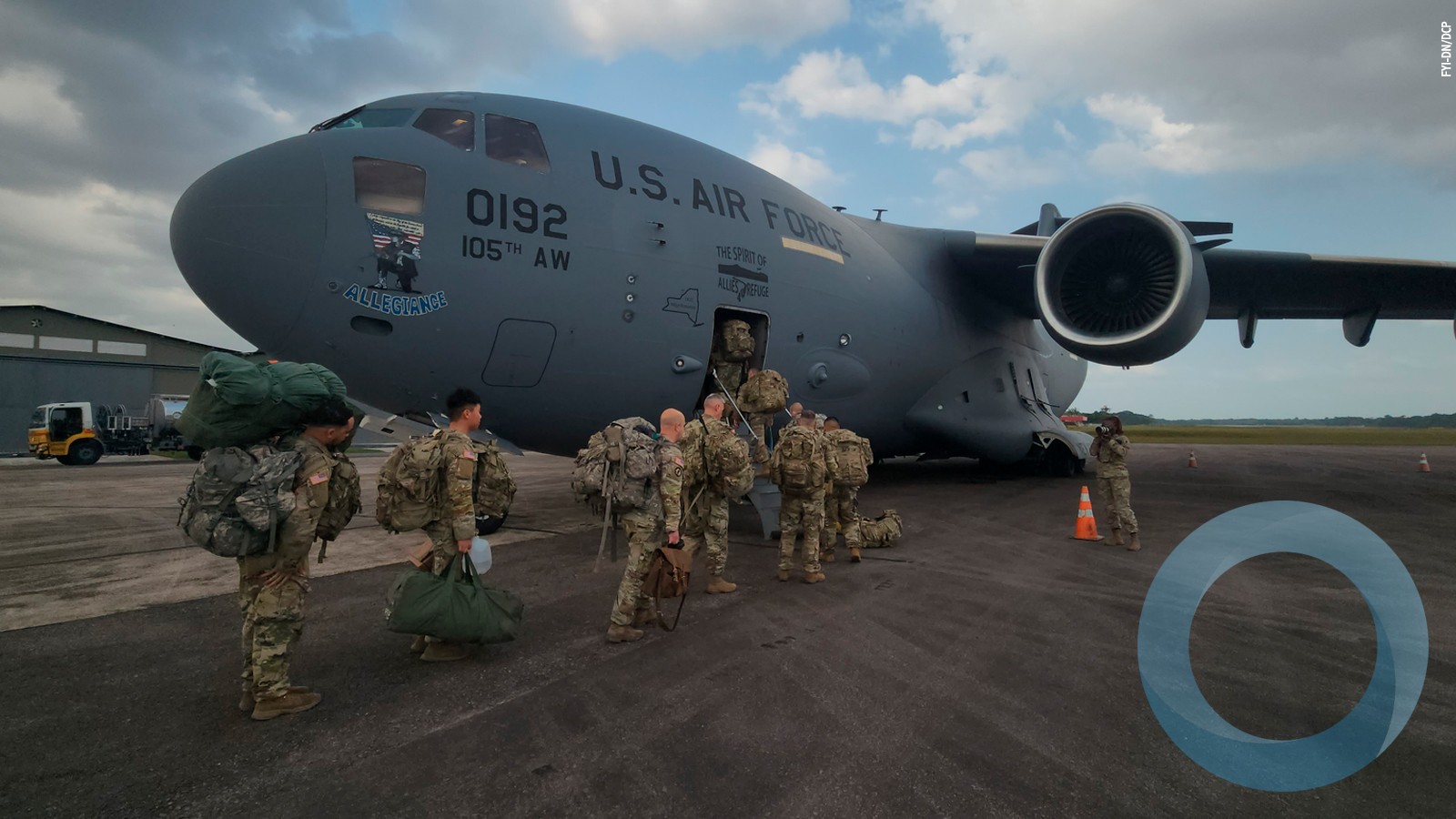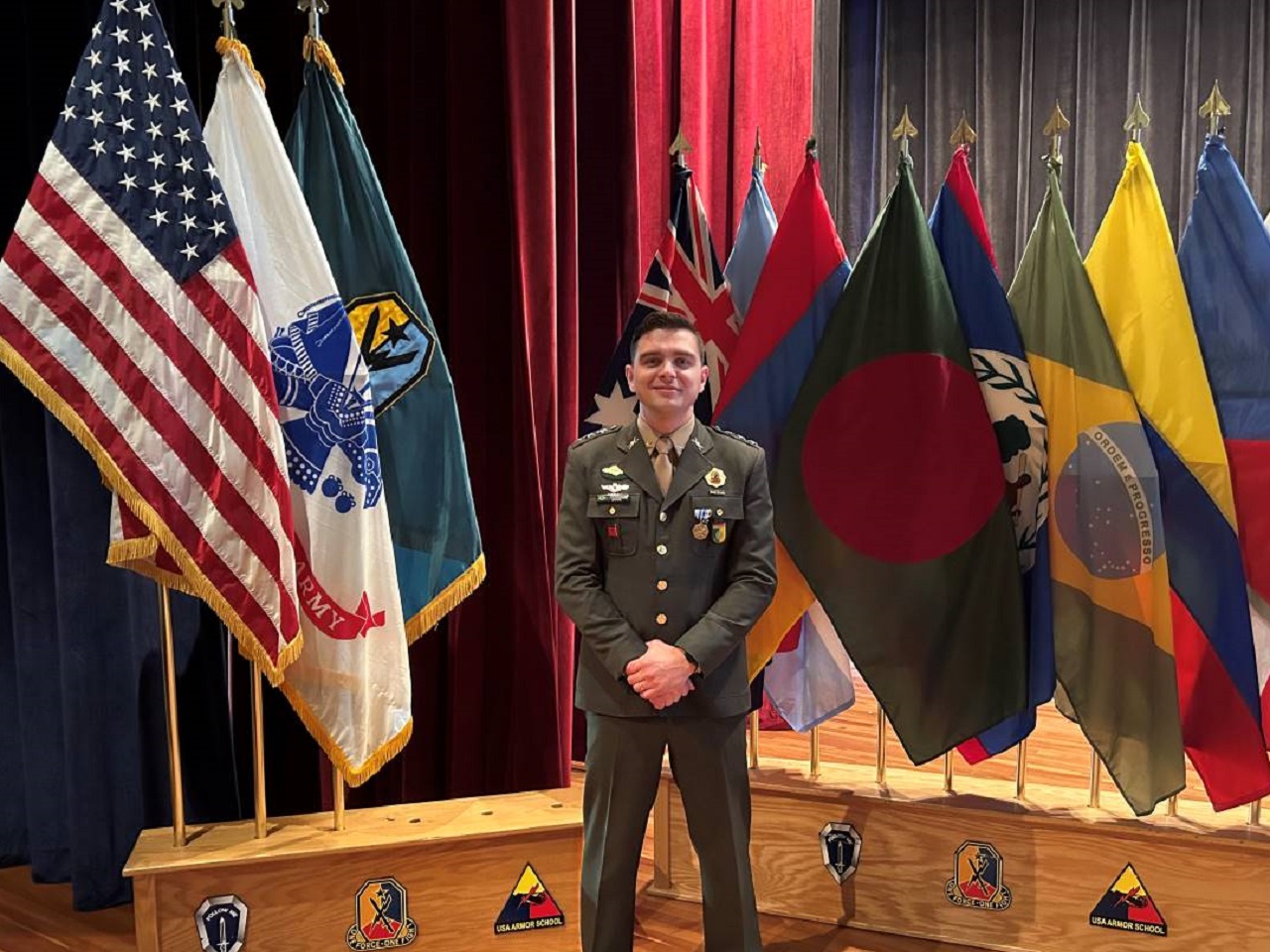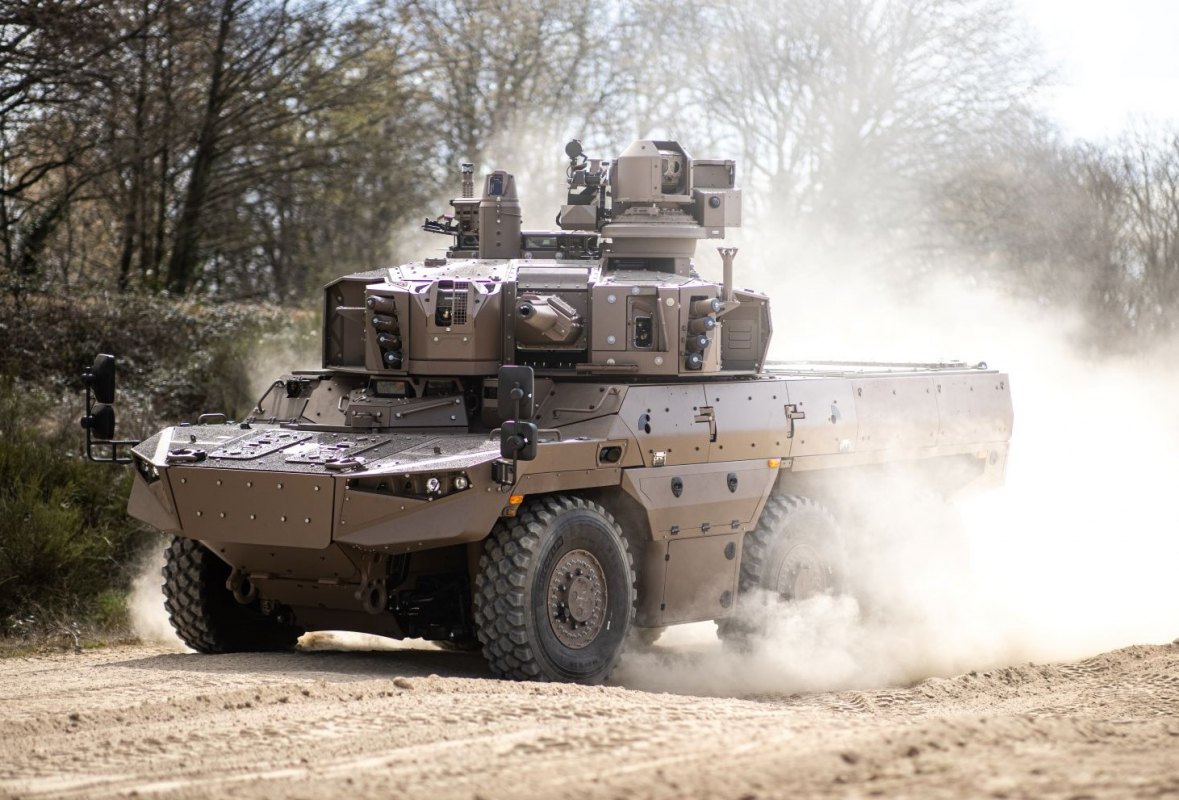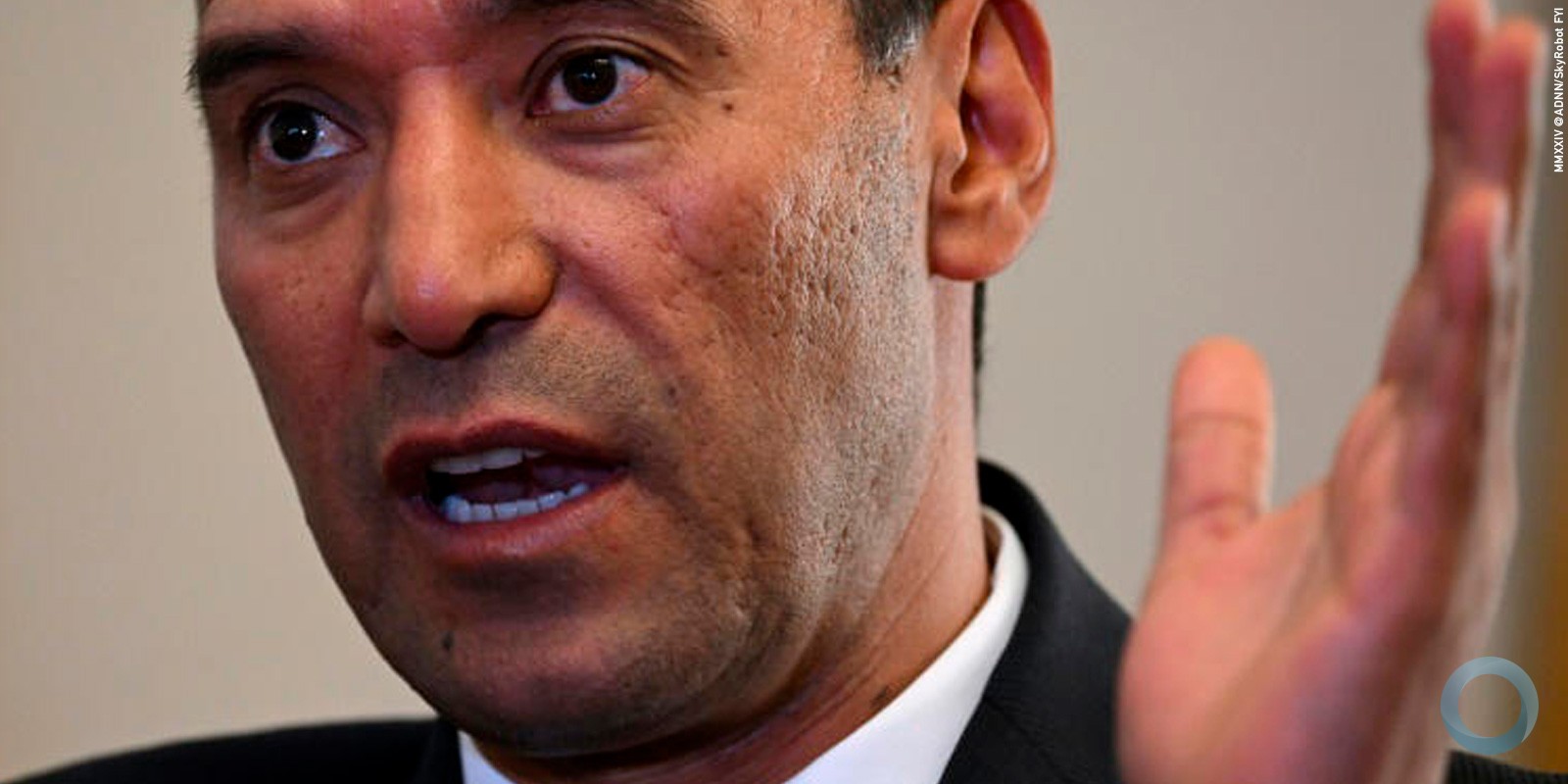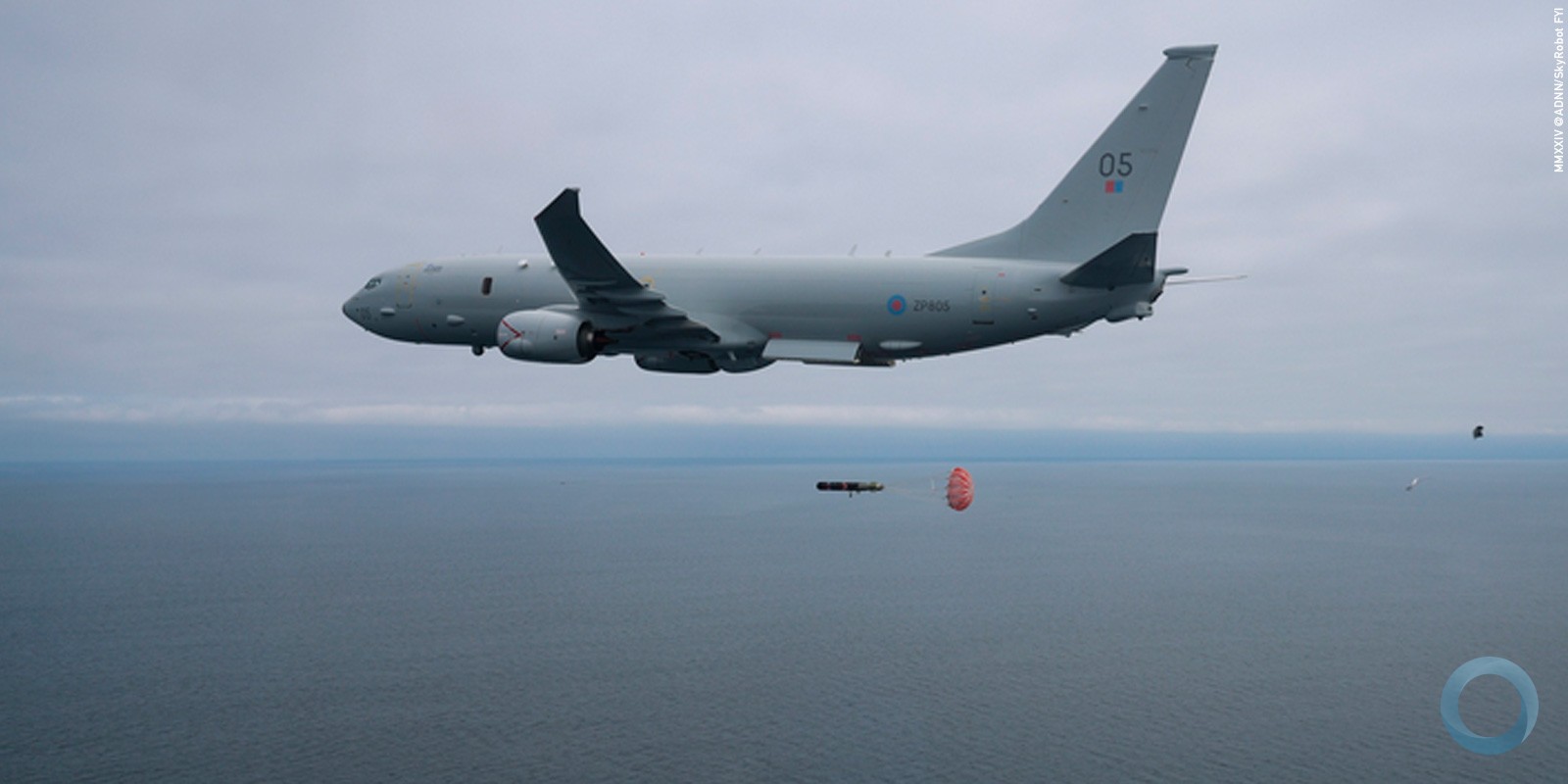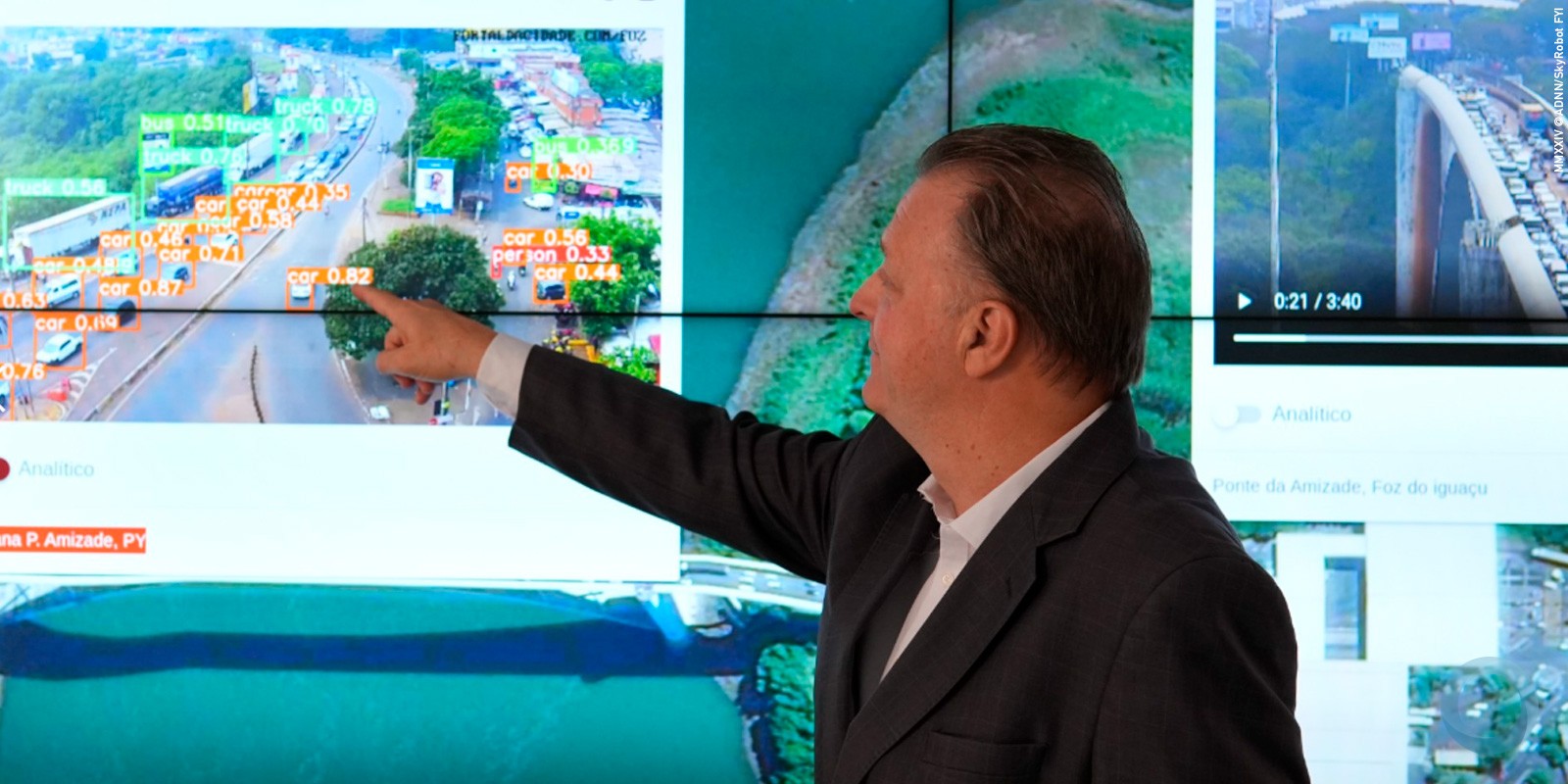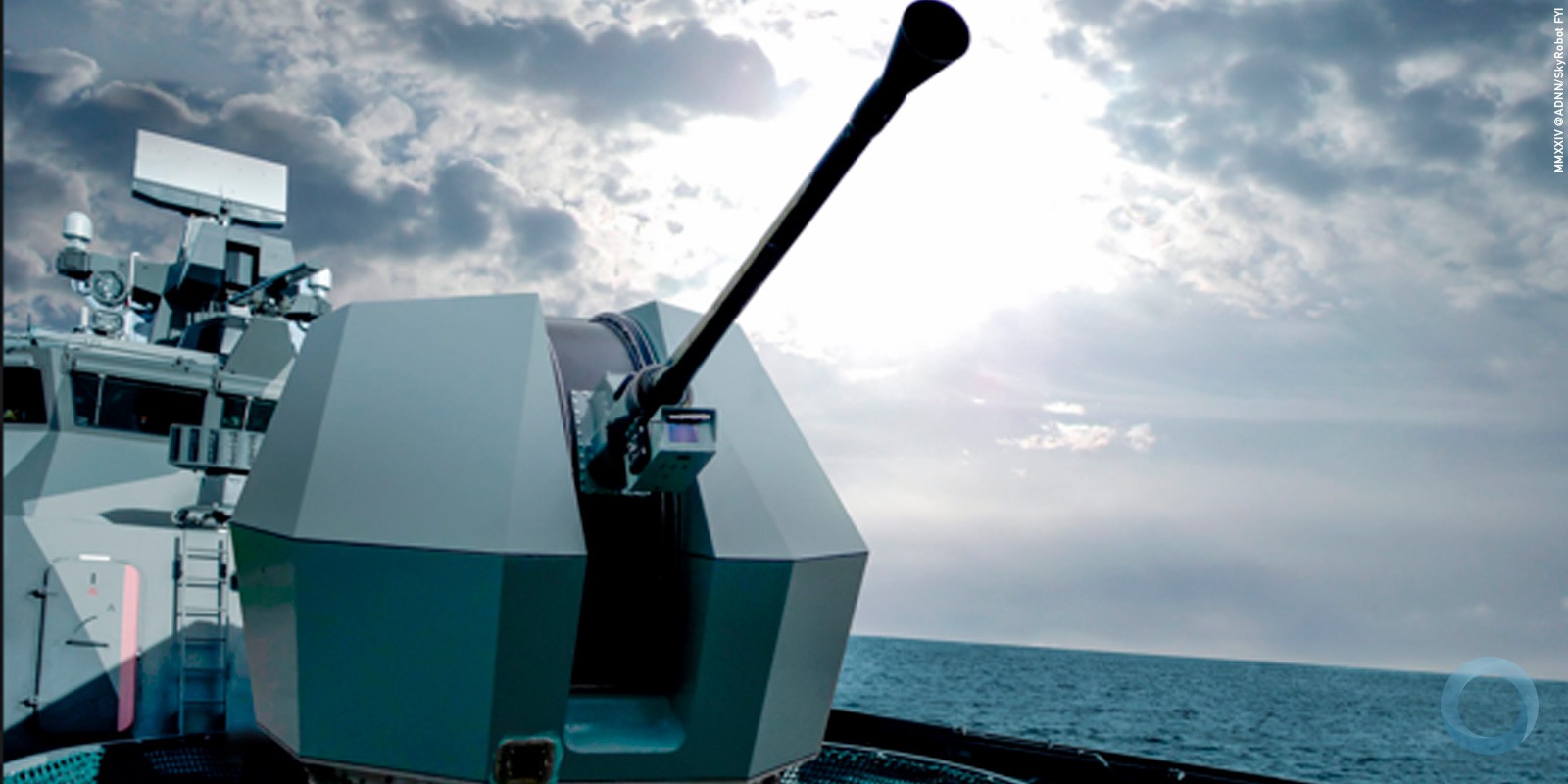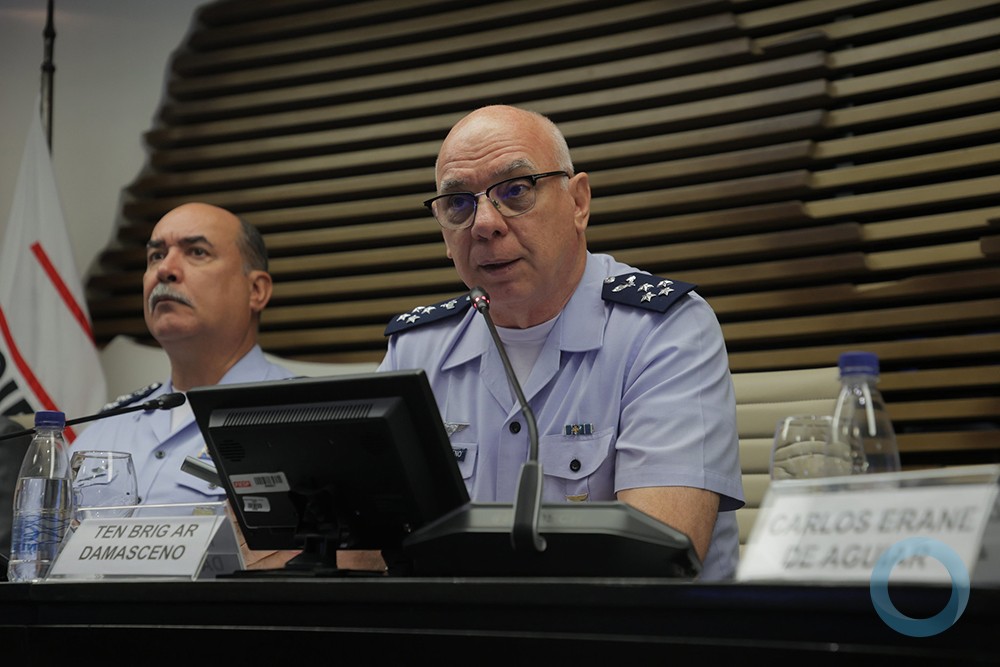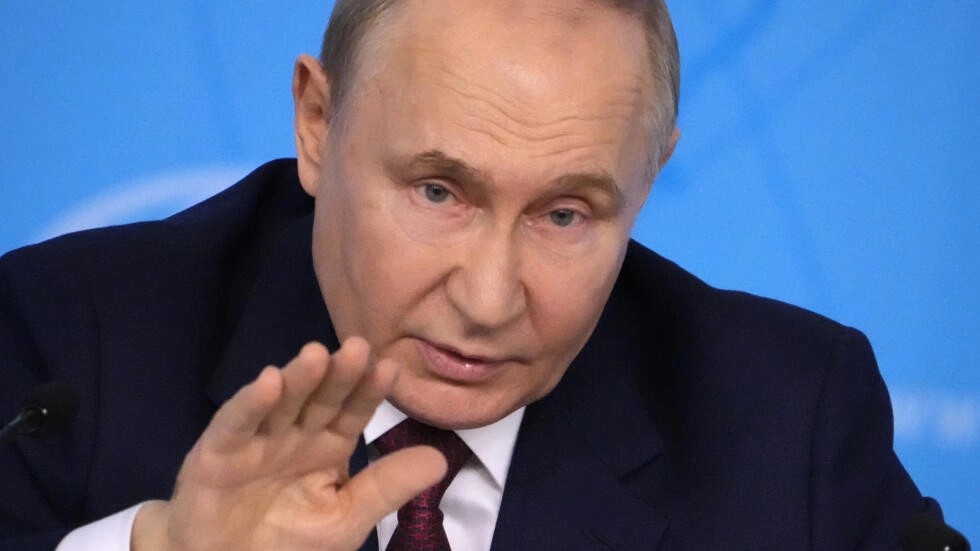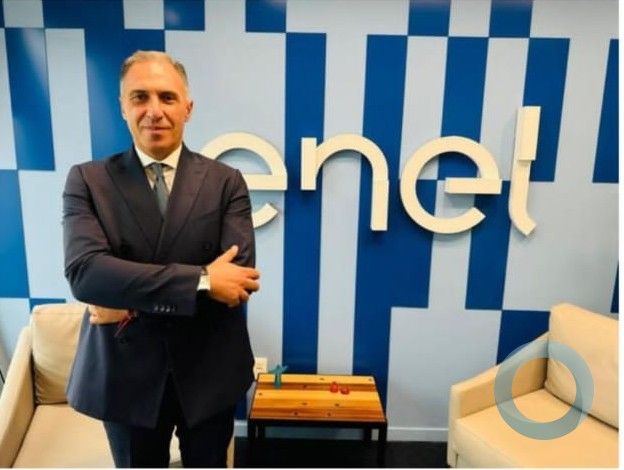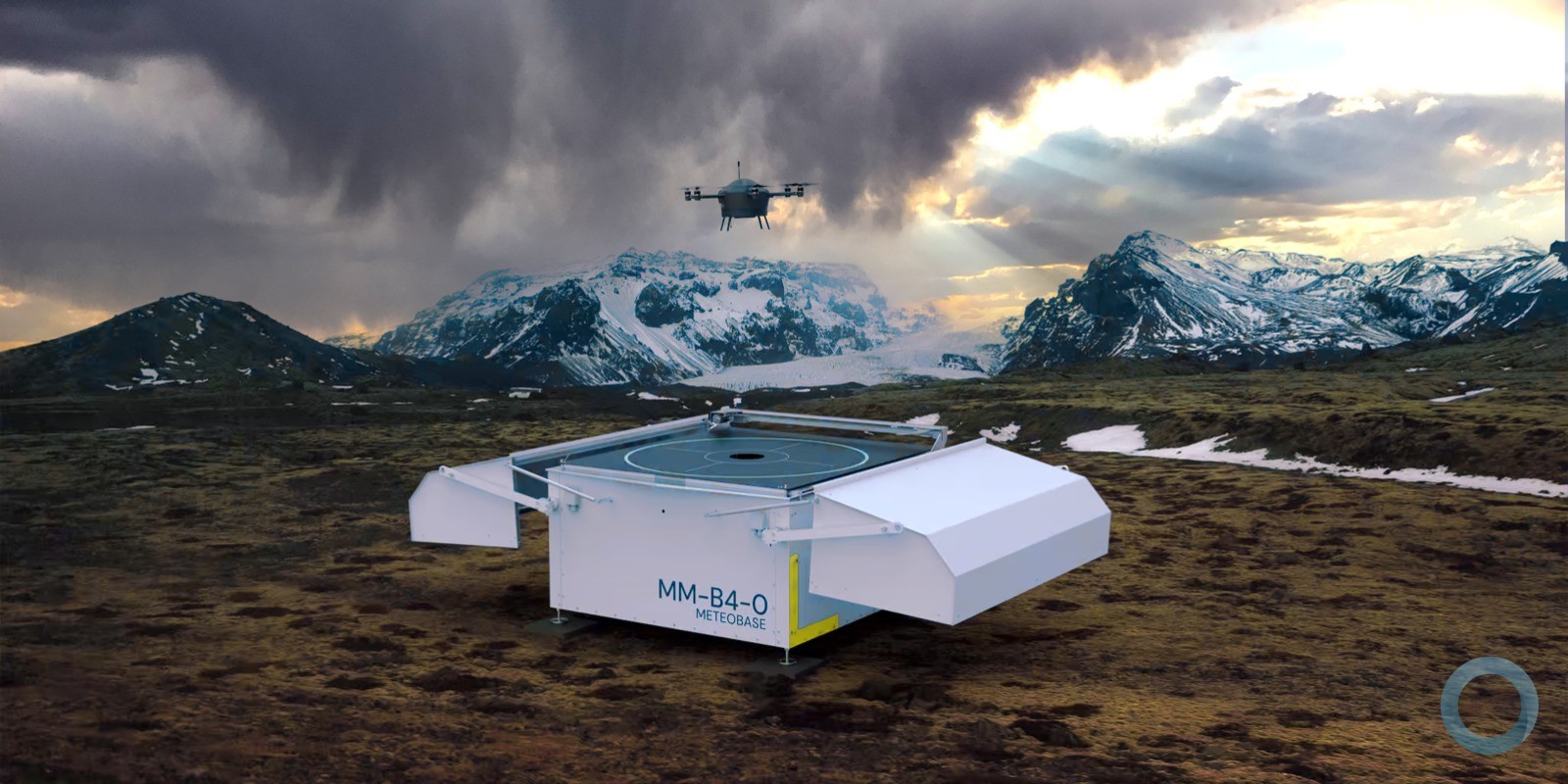Taciana Moury
Academy (USAFA). Beginning in July, Brazilian cadets will study at USAFA for six months, while American students attend classes at AFA in Pirassununga, in São Paulo state. According to reports from the international agreements and exchanges section of the Brazilian Aeronautics Command General Staff (EMAER, per its Portuguese acronym), this partnership aims to enhance foreign language proficiency, as well as to expand interoperability between the two air forces.
During the exchange period, the cadets will take subjects for credit that are applicable to their home curricula, in addition to taking tests, completing course work, and following the schedules set by the squadrons and classes they take at USAFA and AFA respectively. They will have the same privileges and restrictions as native students, in terms of passes, weekends, and holidays.
Four third-year AFA cadets were chosen to take part in the exchange with the United States. Colonel Cláudio Passos Calazza, the student exchange coordinator of the Brazilian Air Force Reserves, said that two aviation cadets, one Infantry cadet, and one Logistics cadet will be participating in the exchange. The agreement allows for a maximum of four cadets to participate in the exchange on any given semester. “The four American cadets selected are two engineering students, a political science student, and a history student,” Col. Calazza said.
Cadet selection is done through academic, military, and physical rankings, as well as an eliminatory English exam. Cadet Airman Diogo Jonatan Bertolo is one of the cadets n selected for the inaugural semester under this agreement. The student stressed the importance and responsibility of taking part in this mission. “I will be representing my school and the entire Air Force. I’m going to dedicate myself to the max,” Cadet Bertolo said.
The Brazilian students will take five subjects – four electives, plus English as a requirement. “I chose subjects that would complement what I have learned up to this point, such as aerospace engineering, leadership, aerodynamics, and geopolitics,” Cadet Bertolo stated. Students will also take part in extracurricular activities, such as sports, gliding, and free-fall jumping.
U.S. cadet selection will be done among third- and fourth-year students who have completed at least two years of Portuguese language study, according to EMAER. The cadets will have to write a cover letter in Portuguese and pass an interview with a panel made up of instructors from the Portuguese division, including a Brazilian Air Force (FAB, per its Portuguese acronym) officer who teaches at USAFA. They must also pass minimum academic, military, and physical standards.
Foreign students
AFA is used to having foreigners in its student body. Since its founding — from the early days of the Aviation School at Campo dos Afonsos in Rio de Janeiro in 1941, to the present-day headquarters at Pirassununga — it has hosted 330 cadets of different nationalities, 191 of whom successfully graduated.
In Brazil, the foreign cadets will take part in the same selective admissions process as Brazilian candidates. They will undergo health examinations and psychological aptitude testing, as well as take the Military Pilot Aptitude Test. According to Col. Calazza, only after passing these tests do they enroll. In addition to these evaluations, the foreign cadets take part in a six-week orientation course on Brazilian Portuguese and Brazilian culture.
This year, 16 foreign students from 12 different countries will enroll in the four-year program at AFA. According to Infantry Major Renato Pereira Batista, the section chief for cadet training doctrine, students are fully immersed in the school routine. “Meal times, class times, operational exercises, military training, sports activities, and other academic experiences are identical for everyone,” he said. According to Maj. Renato, both sides want to learn more about the other country’s culture, which also helps to ease the adjustment process.
That was Cadet Infantryman Yao Apollinaire Yakanou’s experience. A native of Togo, West Africa, Cadet Apollinaire is attending his second year at AFA. The interest his peers showed in him helped him adjust when he arrived in Brazil in early 2016. But it was in the sharing of knowledge that friendships began to form. “I had a lot of difficulty mastering Portuguese but I’ve always been good with numbers. So I taught math to my classmates and they, in turn, gave me lessons in Portuguese,” Cadet Apollinaire recalled.
He explained how he has learned the importance of pursuing excellence at AFA. “My Brazilian instructors always say that when you think you’ve done your best, you can always push yourself further.” Military doctrine for aviation infantry is another bit of knowledge that Cadet Apollinaire will take back with him to Africa. “In Togo, only the Army is in charge of the infantry. I think it is important to introduce this concept into the Air Force as well.”
Cadet Apollinaire uses his free time to get to know Brazil and the local culture. “My classmates have already shown me Rio de Janeiro, as well as Araraquara in the interior of São Paulo. I also love to listen to Brazilian music, especially sertaneja.”
Flight instructor exchange
The FAB maintains a flight instructor exchange with Argentina and Chile. “We have a Chilean pilot with us, an Argentine pilot will be coming to join our staff of instructors, and we are sending pilots to teach in both of those countries,” Col. Calazza explained. These service members will remain on assignment for two years.
Aviator Captain Thiago Diorgilis Ribeiro Daniel is one of the exchange participants and serves as a flight instructor at the Argentine Air Force Flight School. According to him, his assignment as a foreign instructor presents certain challenges. “Immersing yourself in the local culture is a job requirement. We have to relearn all instruction in a different way that corresponds to the local culture, and in the way that operations are carried out in that country.”
For the Brazilian instructor, the main advantage is learning new methods of teaching, and new technical specifications for flight training. “Doing maneuvers and using tactics that aid in student learning may be different in Argentina from how they are done in our country. This enrichment can help us a lot in continually improving our methods,” Capt. Daniel said. He will stay on as a flight instructor in Argentina until the end of 2018.
AFA and USAFA have also formalized a partnership between instructors, but in terms of their academic duties, not in terms of flight training, according to the EMAER. After the agreement was signed in 2015, a Brazilian Air Force officer began taking part in the Military Personnel Exchange Program at USAFA, and in 2016, an American officer began his duties at AFA. The goal is to align strategic directives on international relations and expand the academic curriculum for future officers at participating institutions.






